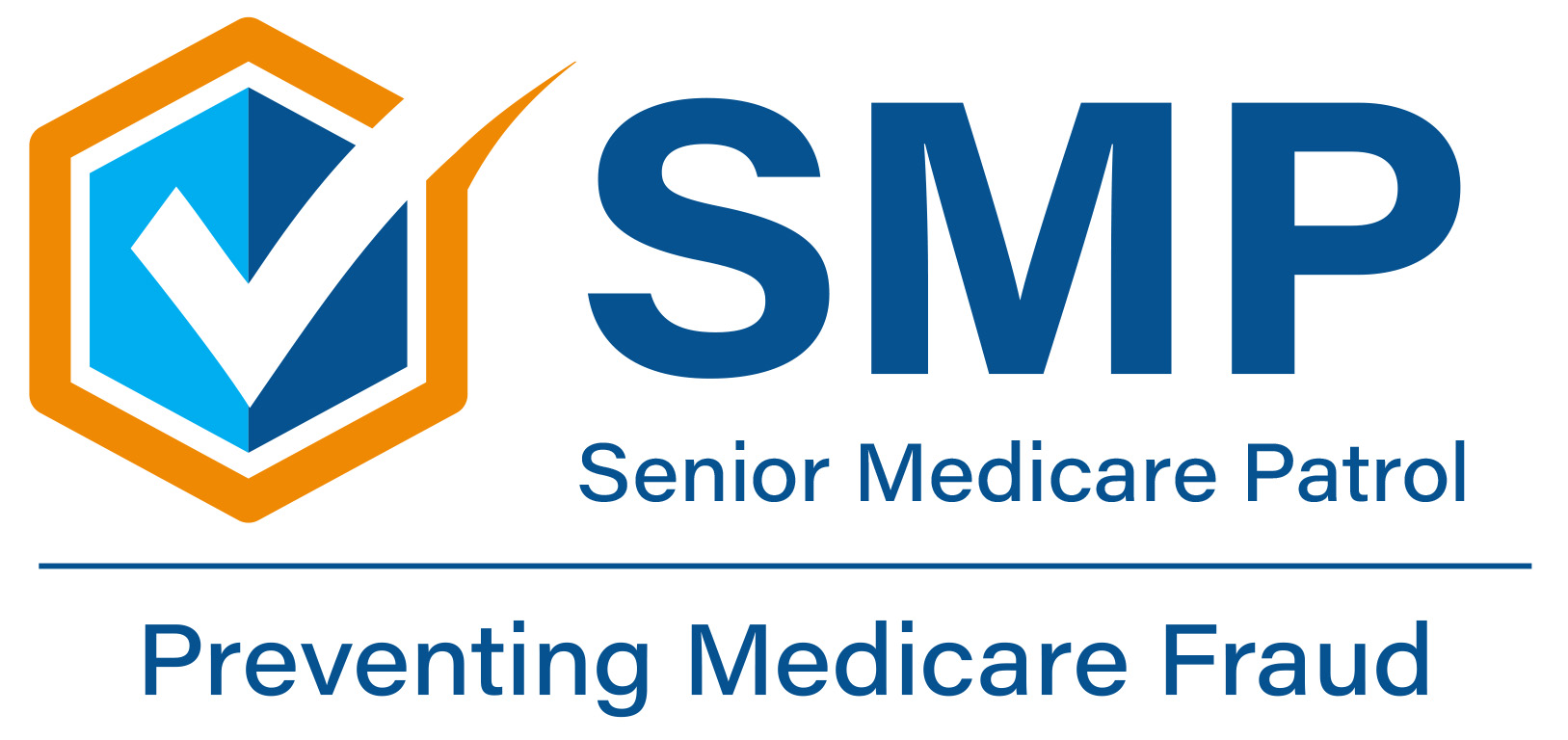COVID-19
- As the number of people and communities affected by the COVID-19 pandemic grows, so do the scams associated with it. Scammers use public health emergencies as opportunities for new fraud schemes, and because older adults are at greater risk for serious illness from COVID-19, scammers may target older populations. Click here for the fraud alert.
Genetic Testing
- Across the nation, genetic testing company representatives are offering “free” genetic tests to Medicare beneficiaries. These companies can steal people’s medical identity and falsely bill Medicare, draining the system of needed funds. Click here for the fraud alert.
Hospice
-
Hospice fraud is largely unreported and can cause direct patient harm if undetected. The term "hospice fraud" covers a variety of different types of fraud that are each detrimental in their own way. Fraudsters are targeting assisted living facility and nursing home residents whose life expectancy exceeds six months and are using high-pressure and unsolicited marketing tactics to get them to agree to hospice services. Click here for the fraud alert.
Medicaid Renewal
-
The federal Public Health Emergency (PHE) for COVID-19 expired on May 11, 2023, and at that time federally funded programs returned to normal operations. This change in process had effects on many people and health care programs, including the temporary, yet significant, changes to Medicaid enrollment and eligibility that occurred during the pandemic. Over the course of the PHE, states were required to keep people enrolled in Medicaid even if they experienced a change in eligibility, such as an increase in income. However, as of April 1, 2023, states have resumed checking Medicaid eligibility through a process known as renewal or redetermination of Medicaid. Click here for the fraud alert.
